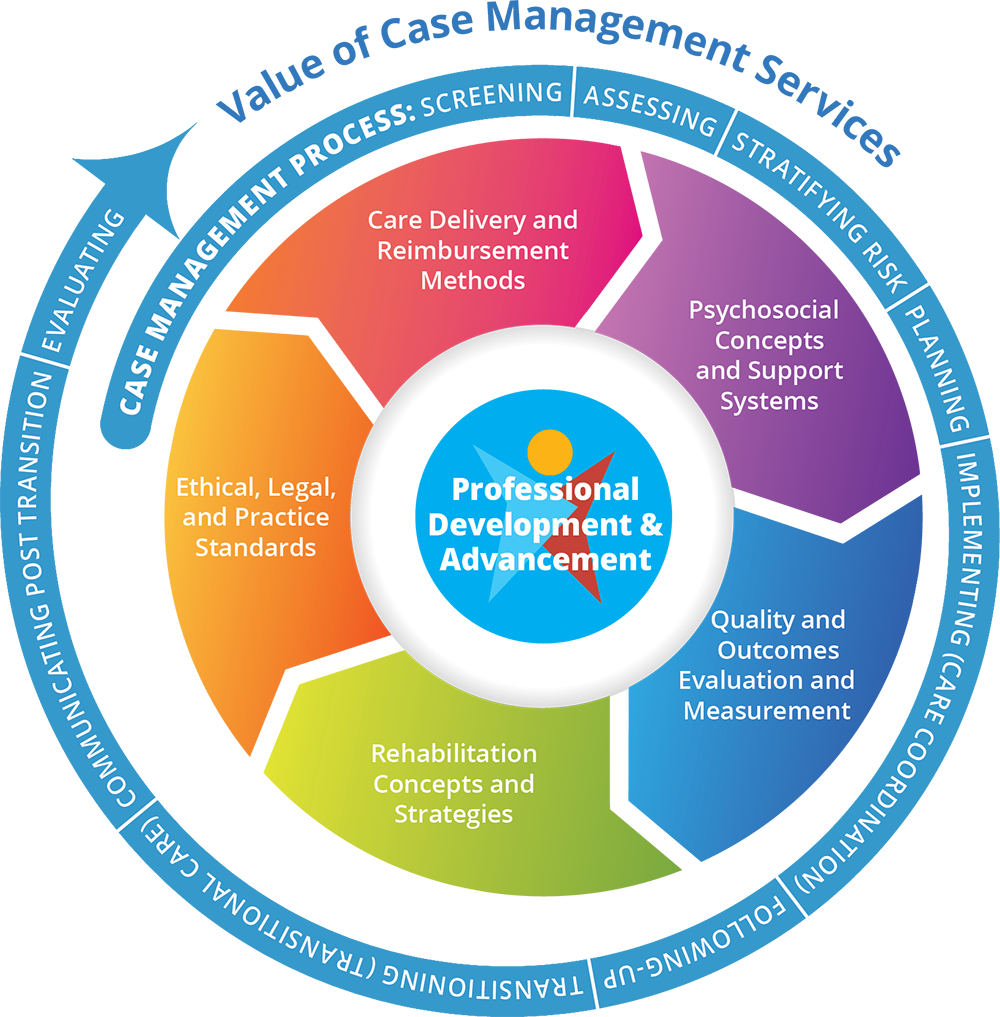For Patients
During treatment: food
Cancer treatment can affect how your body gets nutrients from food. Your body needs these nutrients to stay strong as you fight the disease. Here are some goals to aim for as you work with your care team to manage your diet during treatment:
- Make sure you get enough nutrients and calories from food
- Maintain a healthy weight
- Avoid losing muscle mass
-
Ask for help coping with these side effects:
o Decreased appetite
o Mouth sores
o Having trouble swallowing
Here are some things to remember:
Food experts
A registered dietitian may join your care team to help you meet these goals. If you are not getting enough nutrients, you may need to eat a high-protein or high-calorie diet. Be sure to discuss any vitamins or minerals you take with your doctor. These can affect your treatment.
Infections
Cancer treatment can make it hard to fight off infections. Wash your hands before touching food. Choose pasteurized honey, milk, and fruit juice instead of raw versions.
During treatment: exercise
Exercise is a safe way to cope with stress and stay strong. Your doctor may keep an eye on your side effects before recommending exercise though. Before you start a new exercise routine, discuss it with your care team.
Most cancer treatments can lead to fatigue or exhaustion. Exercise can help. You can also manage tiredness by:
• Getting fresh air
• Keeping things within easy reach to save your energy
• Eating a balanced diet and drinking water
• Keep an eye on symptoms. Be proactive in finding ways to ease or control symptoms. Ask your care team if you have trouble
• Ask for help when you need it. For example, if you feel exhausted, talk to your care team. Exhaustion can be a sign of low blood cells
After treatment
If you are coping with advanced cancer, continue to work closely with your care team. They can help you manage fatigue, bowel changes, decreased appetite, or losing your sense of taste. Exercise may help, but check with your health care providers first.

